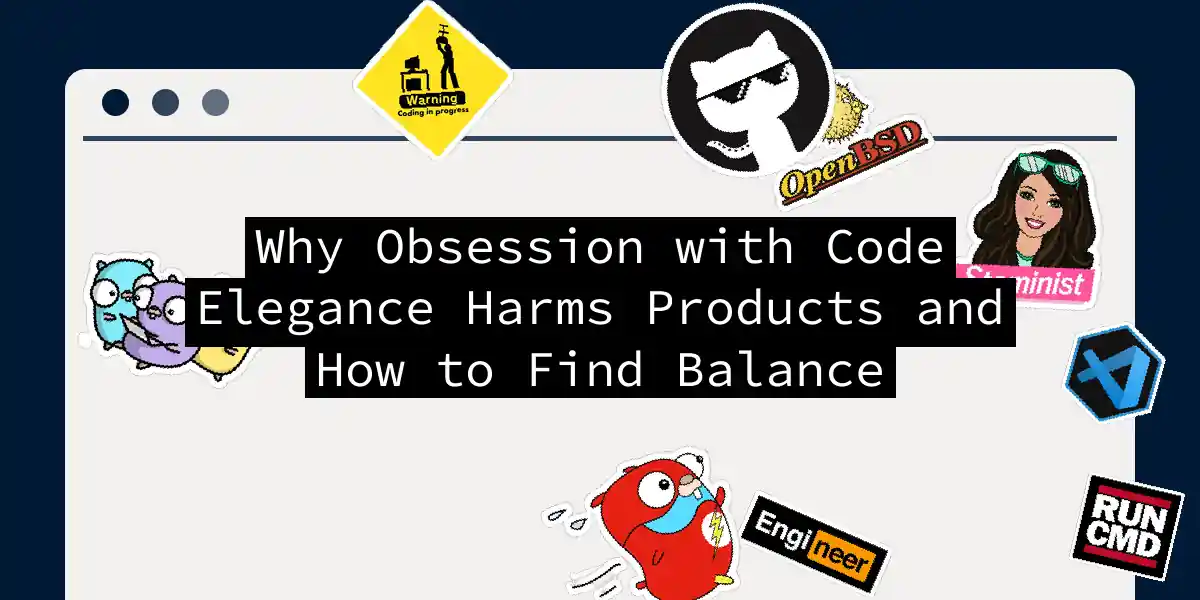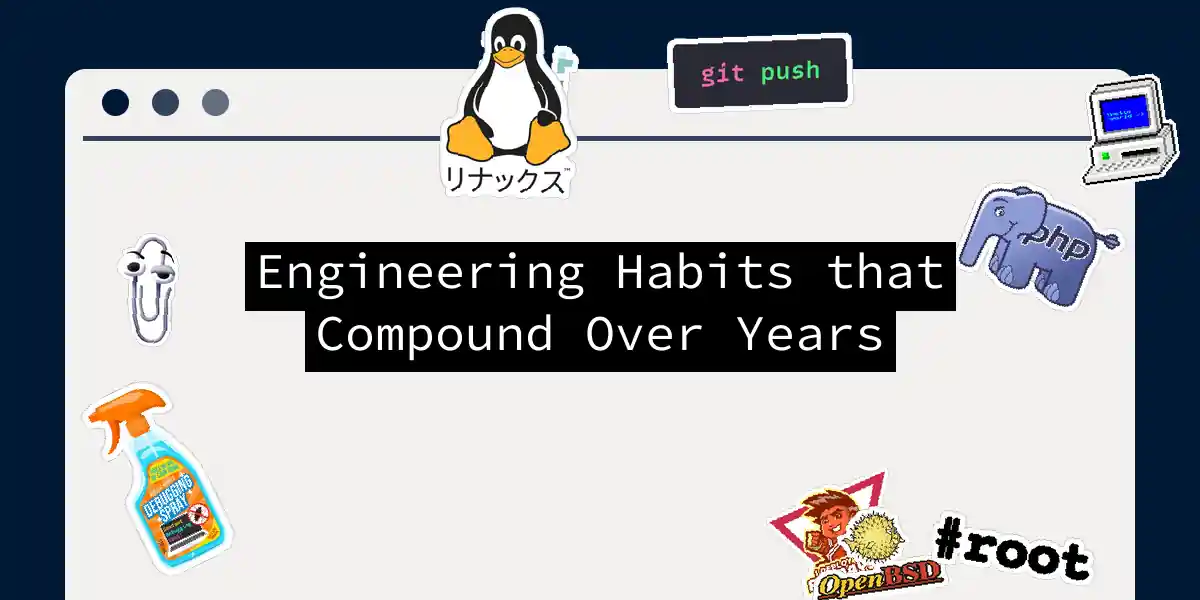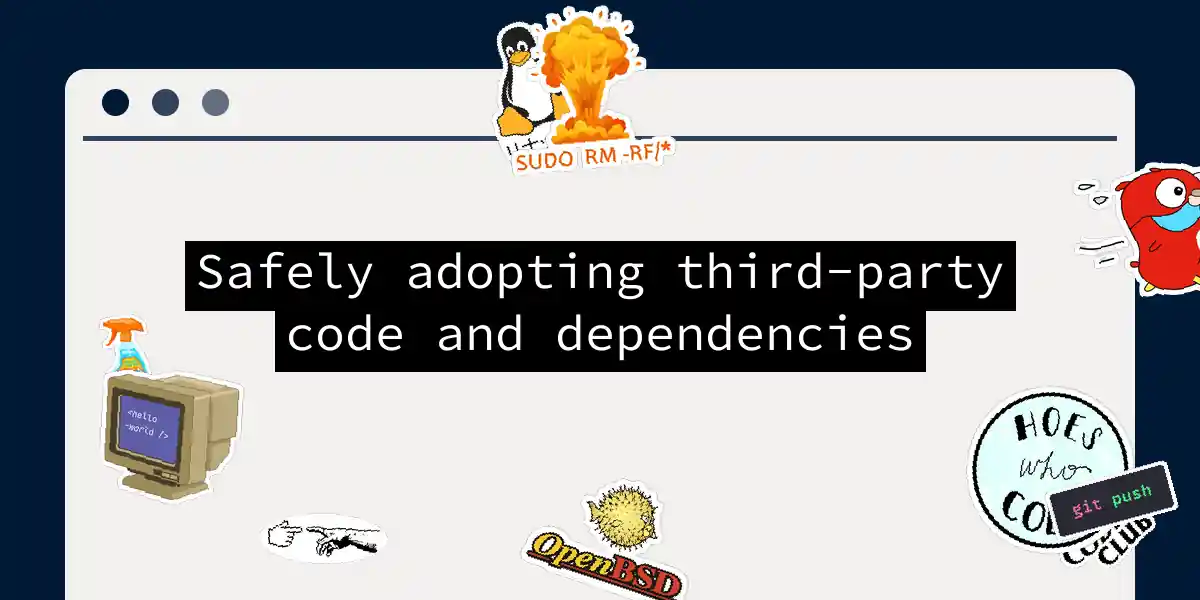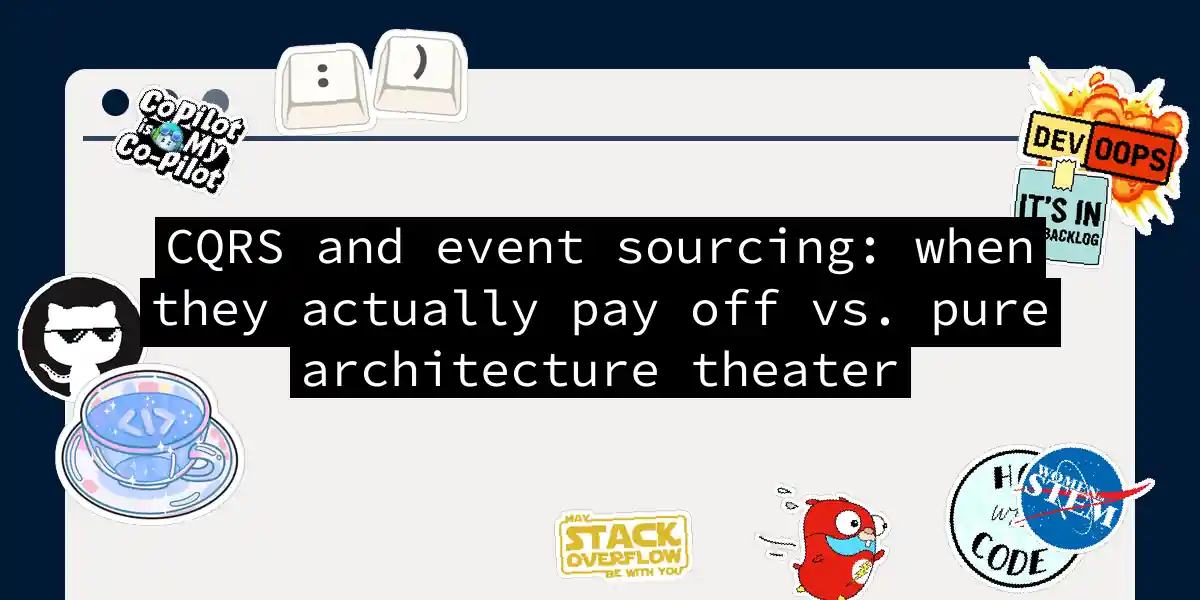
Why Obsession with Code Elegance Harms Products and How to Find Balance
The Pursuit of Elegance: A Double-Edged Sword In the realm of software development, the quest for elegant code is akin to a holy grail. Developers often find themselves lost in the maze of perfecting their craft, striving for that elusive elegance that whispers of simplicity and efficiency. However, like any powerful force, this pursuit can have its downsides. In this article, we’ll explore why an obsession with code elegance can sometimes harm products and how to strike the right balance....



